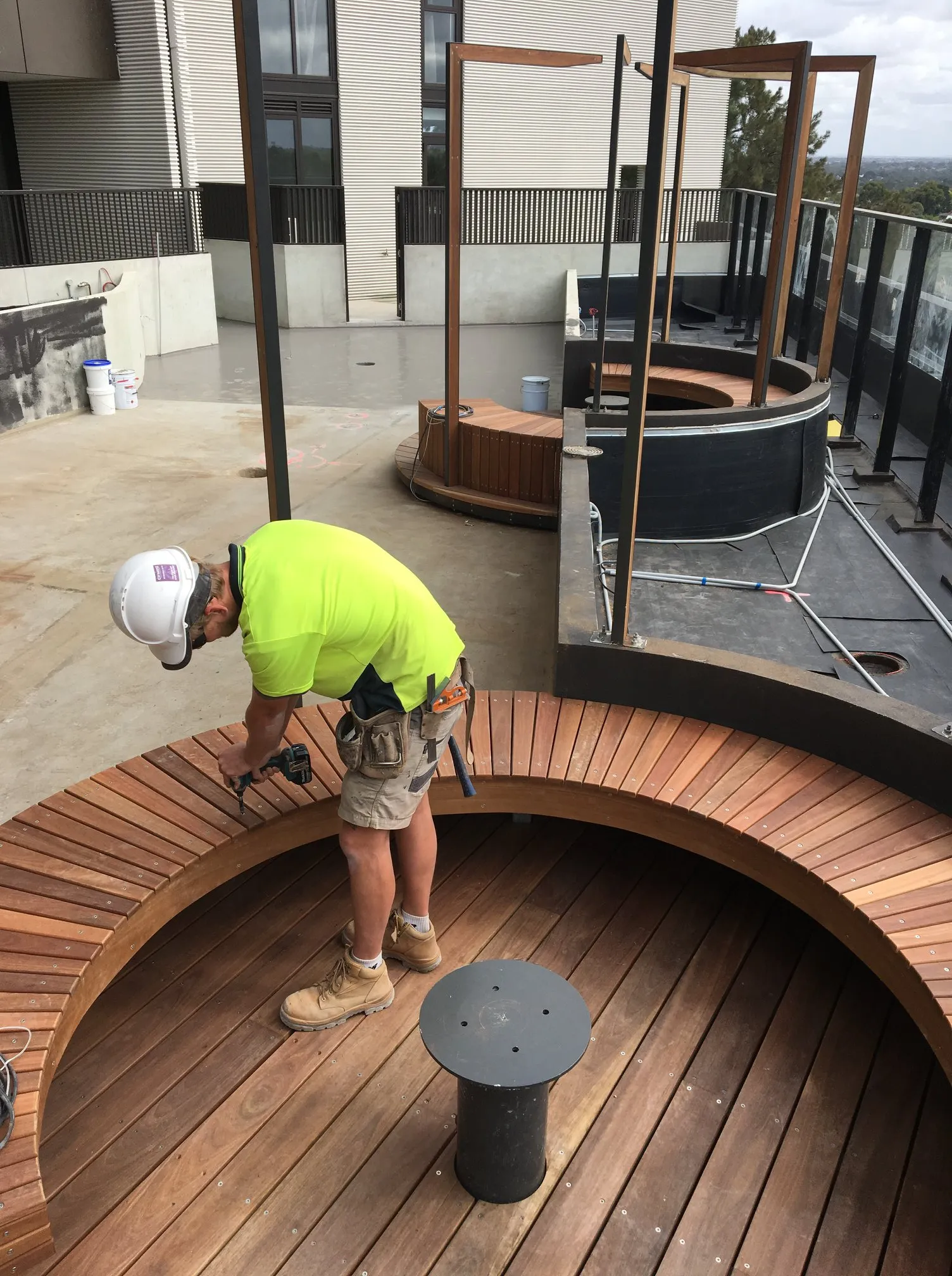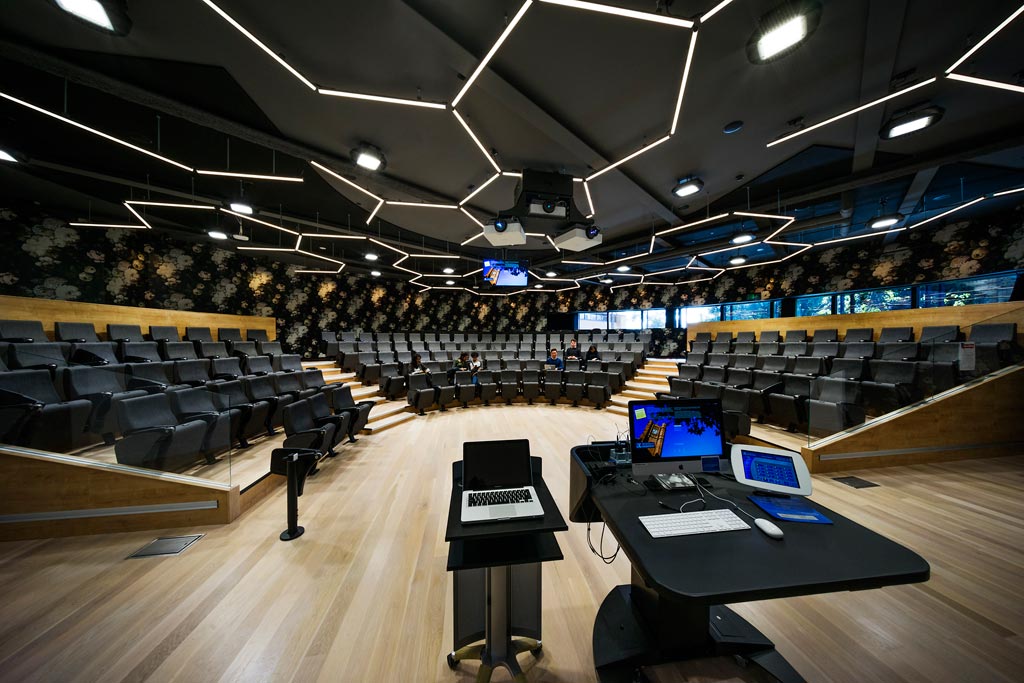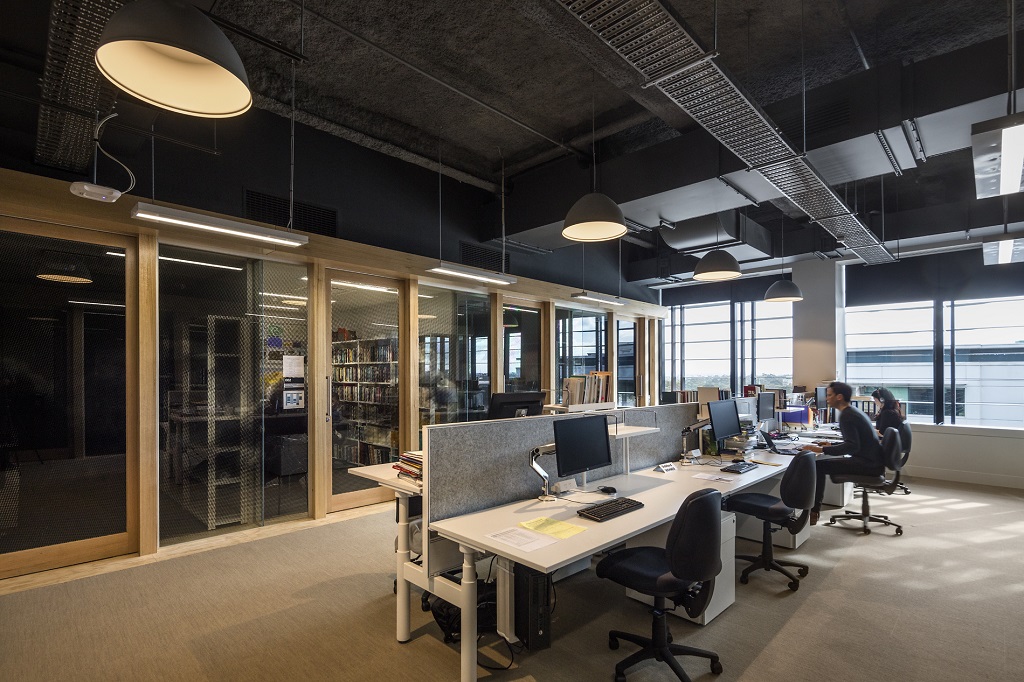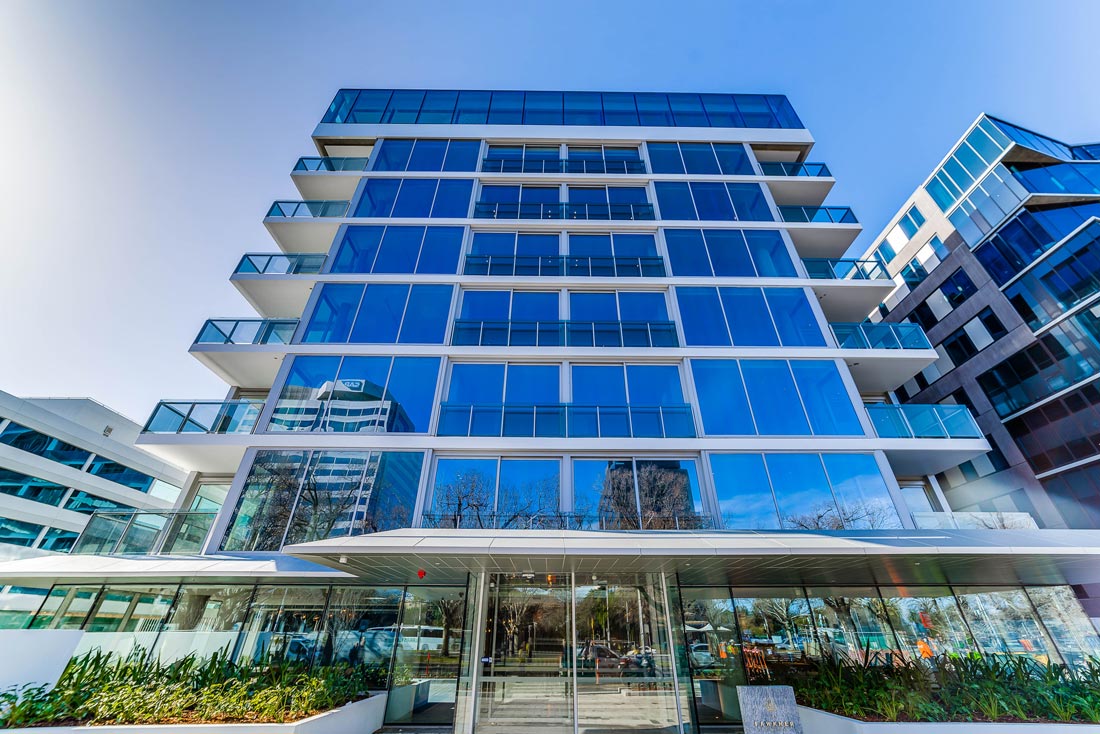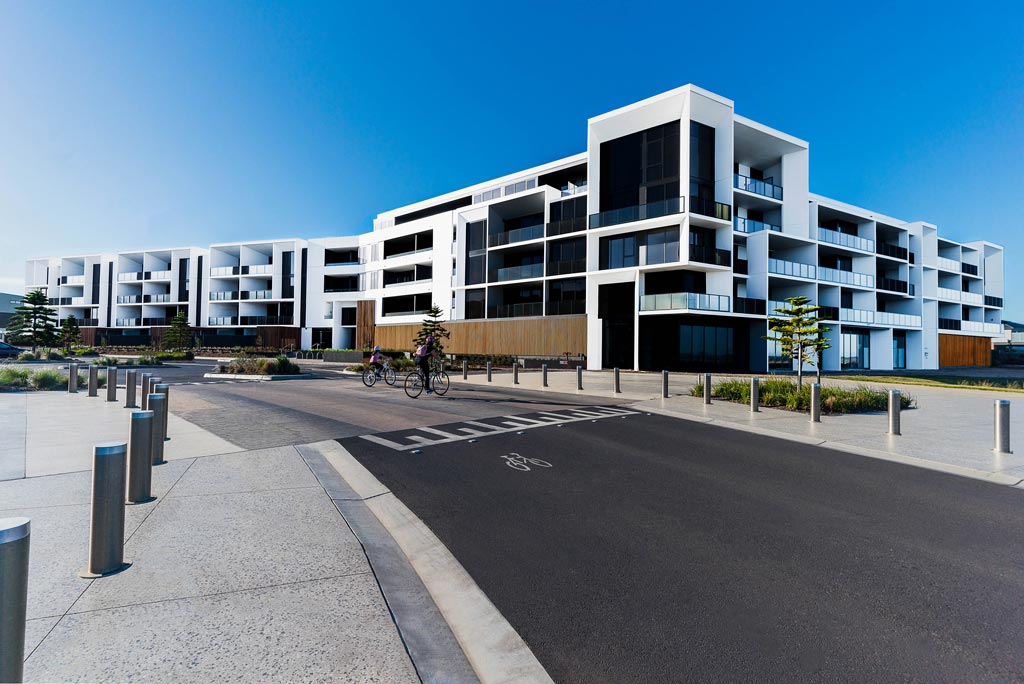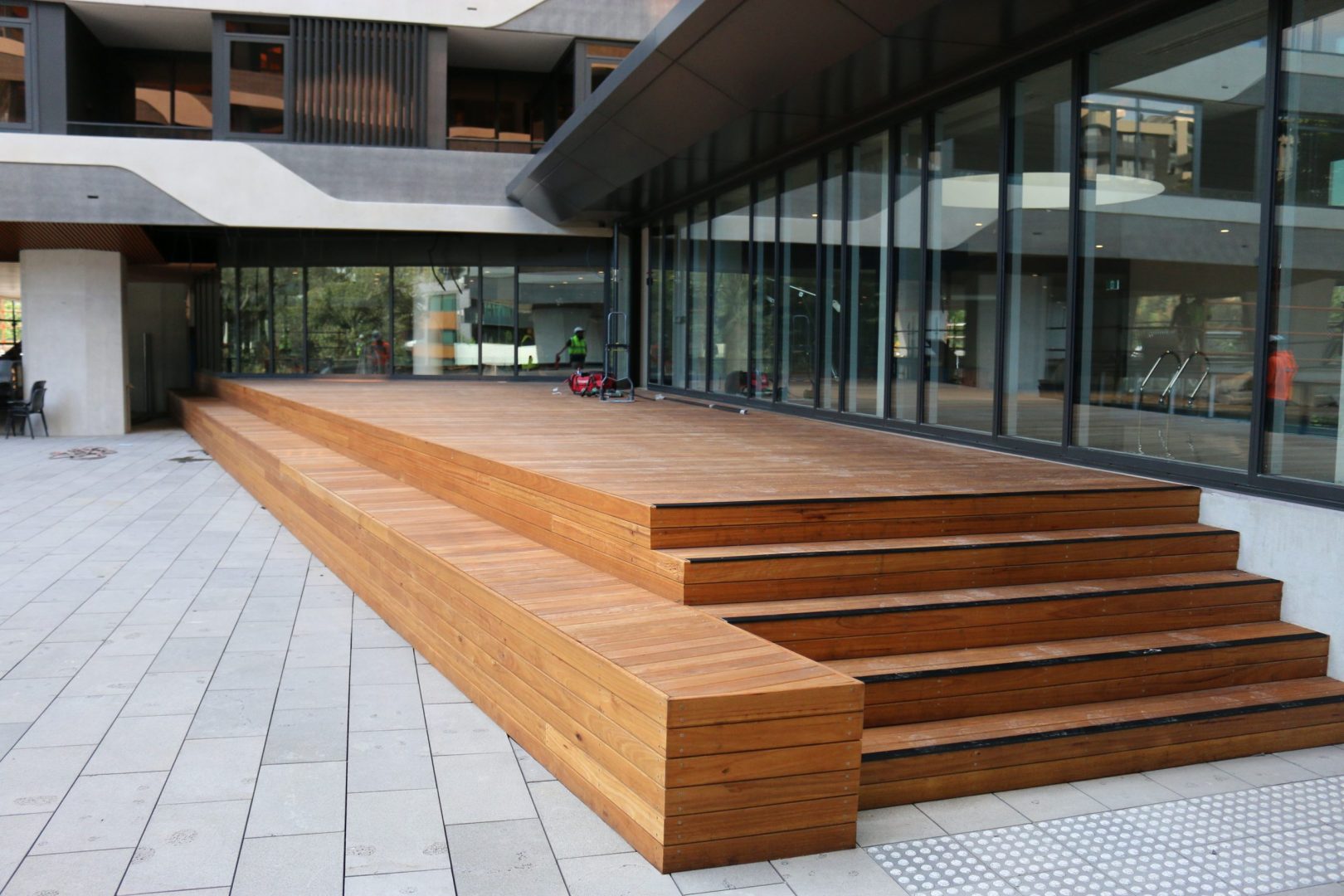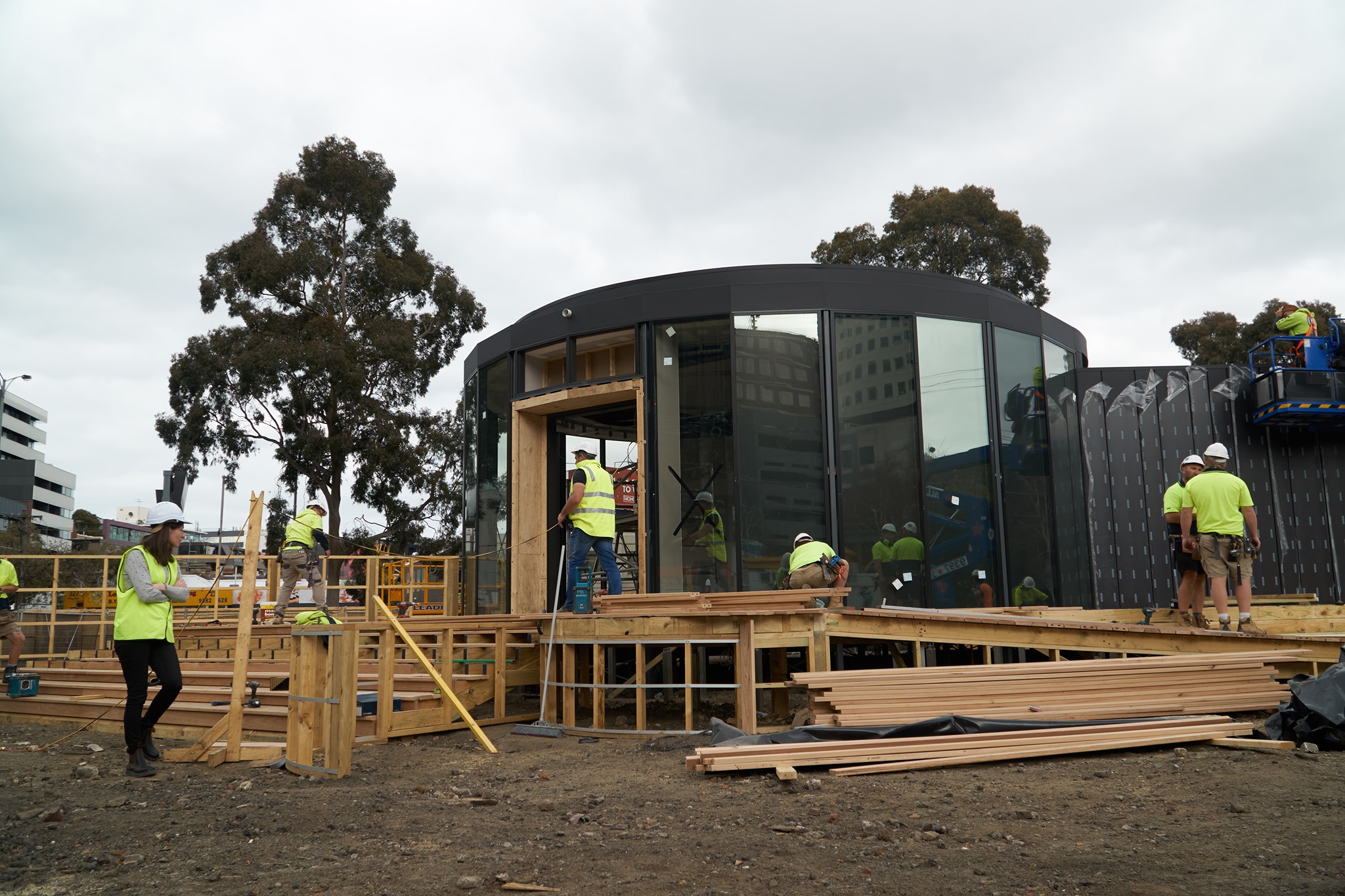
As COVID-19 continues to disrupt Australia’s economy, there are certain challenges to be addressed. Under the spotlight now is: enhanced protections for the COVIDSafe app but some key issues remain unresolved; steps to prepare for the rollback of restrictions and an updated guide to government powers; new tax relief measures for states and territories; further progress on remote signing of documents and shareholder meetings.
As such, COVID-19 is presenting developers, builders, investors and tenants with a multitude of issues to do with existing and proposed developments. In particular, these stakeholders are having to navigate issues associated with how COVID-19 could delay projects and who should bear the cost of those delays. While, to date, construction sites remain open, there is also a concern as to what could happen if construction sites were closed. Below are right and obligations developers, builders, investors and tenants that will help commercial contractors adjust to the new norm amidst COVID-19 crisis.
Planning and Approval Process
Queensland has enacted legislation that gives the Minister for Planning the ability to extend or suspend timeframes under the planning legislation, including timeframes in the planning approval process. While no other states have yet followed suit, we expect varying degrees of delay across all jurisdictions – at least in the short to medium term. Delays in the planning approval assessment and appeal processes will occur, as councils and judicial bodies set up the required infrastructure and capacity for remote assessment and determination of planning approval applications. These impacts may increase should stricter lockdown measures be imposed at a state or federal level.
Time Extensions
The obligation to obtain planning approvals will often be framed as a condition precedent. It will be important to identify whether there is a fixed date by which the planning approval must be obtained, or whether this date moves for extensions of time. If the date does move, then it will be important to identify whether COVID-19-type events fall within the scope of the extension regime.
Whether or not the builder is entitled to claim an extension of time will usually depend upon the terms of the force majeure definition in the particular construction contract.
Some contracts contain a force majeure clause that defines the concept of force majeure by reference to a specific list of occurrences. If such a clause does not refer expressly to disease, pandemic, epidemic or actions by government (or something similar), then it may be difficult for the builder to claim force majeure as a result of COVID-19-related disruption. We are nevertheless seeing some creative arguments that seek to rely upon other concepts such as ‘natural disaster’ referred to in force majeure clauses. However, such arguments – subject to the terms of the particular contract – are unlikely to succeed.
Other contracts define the concept of force majeure more generally, without limiting it to a specific list. For example, force majeure might be defined as an event or circumstance outside of a party’s control; that could not have reasonably been foreseen; and, having occurred, the effect of it could not be avoided or prevented. Definitions of that kind are more likely to be satisfied as a result of COVID-19.
It is important to remember that even if the definition of force majeure is satisfied, there will likely be other requirements that the builder also has to meet, such as notice within the timeframe required by the contract and an obligation to mitigate the effect of force majeure to the extent possible.
View our profile on ICN Gateway
Search for “domestic construction”. 

